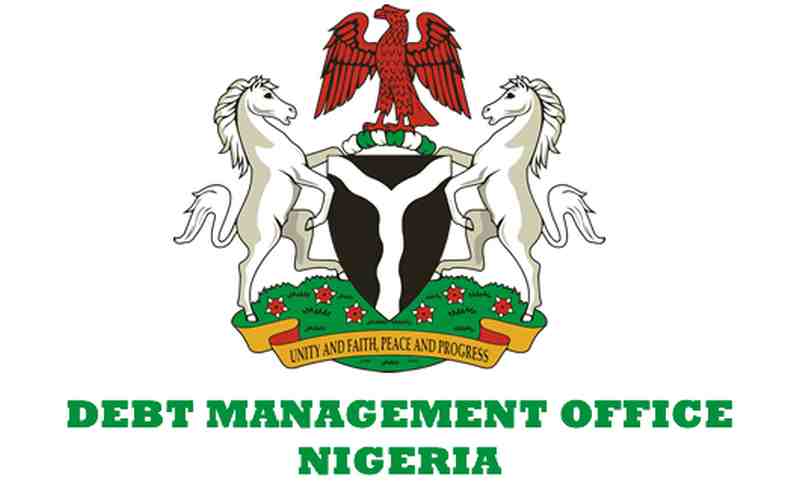Business
Nigeria’s Public Debt Climbs to N142.3tn Amid Rising Borrowing, Exchange Rate Challenges

Nigeria’s total public debt surged to N142.3 trillion by the end of September 2024, reflecting a 5.97% increase (N8.02tn) compared to the N134.3 trillion recorded in June. The rise is primarily attributed to the depreciation of the naira, which significantly inflated the naira value of external borrowings.
According to data released by the Debt Management Office (DMO), external debt in dollar terms edged up slightly by 0.29%, from $42.90 billion in June to $43.03 billion in September. However, the naira equivalent jumped by 9.22%, from N63.07 trillion to N68.89 trillion, driven by the exchange rate weakening from N1,470.19/$ to N1,601.03/$.
Domestic debt showed mixed trends: in dollar terms, it fell by 5.34%, from $48.45 billion to $45.87 billion, but rose by 3.10% in naira terms, increasing from N71.22 trillion to N73.43 trillion during the period.
The Federal Government remains the dominant borrower, with its external debt increasing marginally from $38.01 billion to $38.12 billion, while state governments and the Federal Capital Territory (FCT) held $4.91 billion, a slight uptick from $4.89 billion. On the domestic front, federal obligations climbed from N66.96 trillion to N69.22 trillion, while state and FCT debt dropped slightly from N4.27 trillion to N4.21 trillion.
Despite a 2.70% decline in total public debt in dollar terms—from $91.35 billion in June to $88.89 billion in September—the naira-denominated burden remains a pressing challenge.
The government’s increasing reliance on domestic borrowing is evident in the growing issuance of Federal Government bonds, which rose by 4.47%, from N52.32 trillion in June to N54.65 trillion in September. Bonds now account for 78.95% of the domestic debt stock, up from 78.13% in the previous quarter.
In a historic move, Nigeria also launched its first-ever domestic dollar-denominated bond, coordinated by the Africa Finance Corporation. The $500 million bond, issued at a 9.75% annual coupon, attracted over $900 million in subscriptions, representing 180% oversubscription. This added N1.47 trillion to the domestic debt stock.
Other components of domestic debt showed varied trends. Nigerian Treasury Bills dropped slightly by 0.66% to N11.73 trillion, while promissory notes increased by 5.80%, reaching N1.77 trillion. Retail-focused FGN Savings Bonds rose by 16.11% to N64.09 billion, reflecting growing participation by individual investors.
Economic analysts have raised concerns about the sustainability of Nigeria’s rising debt levels. Dr. Muda Yusuf, CEO of the Centre for the Promotion of Public Enterprises, cautioned that the escalating debt servicing burden could lead to macroeconomic instability. He emphasized the need for the government to reduce its reliance on foreign borrowing, noting that exchange rate volatility continues to inflate debt obligations.
“The rapid growth of our public debt poses a significant risk,” Yusuf stated. “If we don’t address this, we risk falling into a debt trap that could undermine economic stability.”
As Nigeria navigates this complex fiscal terrain, stakeholders have called for urgent measures to curb borrowing, manage exchange rate risks, and implement reforms to enhance revenue generation and fiscal sustainability.